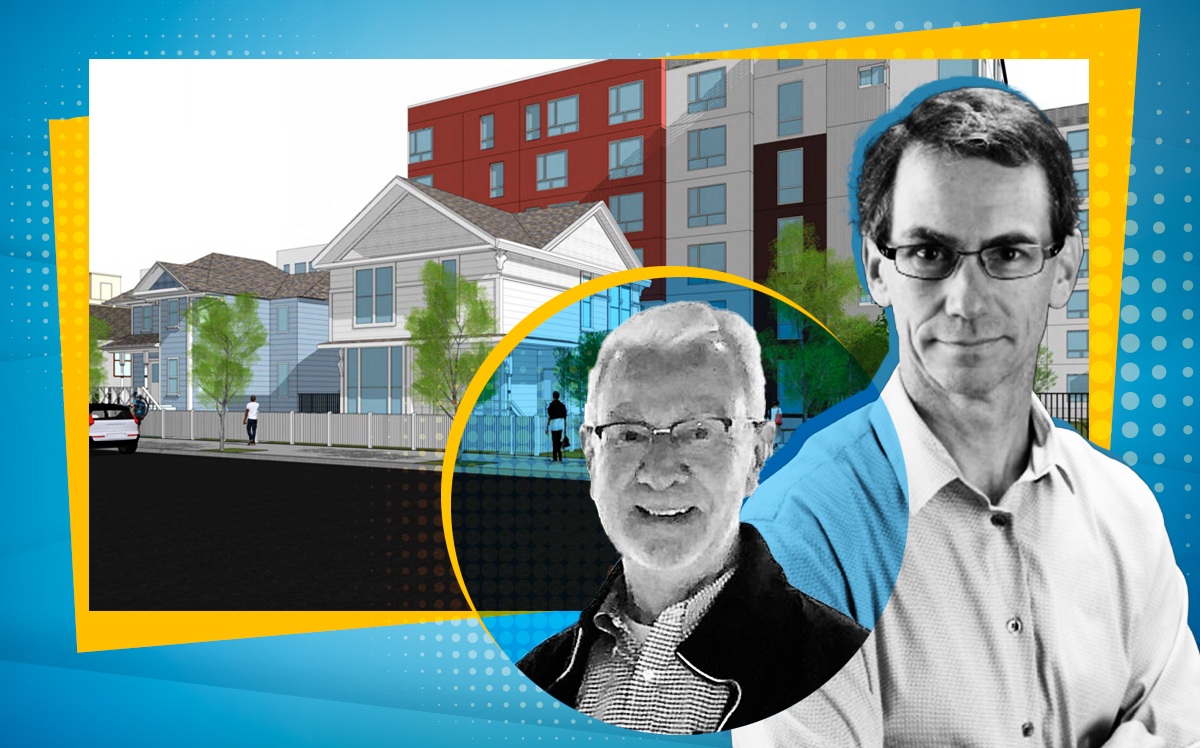Plans for an upscale housing development in Richmond have been killed by city council.
Walnut Creek-based Laconia Development pivoted from its original plans of the project, as first reported by The Mercury News. The Terminal One Development project on a 14-acre port terminal in the Point Richmond neighborhood would have been sandwiched between the Miller/Knox Regional Shoreline and Richmond Yacht Club near Brickyard Cove.
Plans were to transform a vacant, fenced-off property into 92 single-family detached residences, 62 duplexes and 30 junior accessory dwelling units. However, after more than five hours of discussions the Richmond city council voted 5-1-1 to scrap the proposal, require the property at 1500 Dornan Drive to be deeded back to the city and return a $500,000 deposit for the land’s sale to the developer. Mayor Eduardo Martinez voted no, and Councilmember Melvin Willis was absent.
The project was rushed in December to meet the state’s end of year housing deadlines; officials ultimately decided it was too complicated to juggle the development’s design aesthetics, financial feasibility, remote location, toxic soil remediation and vulnerability to sea level rise. The city had 75 days to back out of the land sale.
The project lost a majority of support when the developer backed off initial plans to build denser multifamily housing claiming it was too expensive to tackle the land’s $10 million price tag and it would cost at least $21 million more for seismic improvements, soil decontamination and demolition of an existing 90,000-square-foot building on-site.
The site has been eyed for development since the early 2000s and the first plans submitted were 316 condos and townhomes in 2014.
“Personally, at this point, I would very much like us to put this project behind us,” Vice Mayor Gayle McLaughlin said during the meeting.
Now that the project is off, the city-owned property will be subject to the Surplus Land Act, meaning the entire approval process will restart, with the acreage offered to roughly 500 government agencies and nonprofits to build affordable housing there.
Richmond failed to submit its housing element to the state by the Jan. 31 deadline and now opens themselves up to builder’s remedy, which automatically approves housing projects if they have 20 percent of affordable units. Some officials question whether the Port Richmond site should take on a housing project.
“The entire Bay Area needs housing, but is this the site for that?” Councilmember Doria Robinson asked. “It’s not near public transportation, there isn’t a lot of room for parking, there isn’t good evacuation planning in place, there isn’t good access, there’s the threat of climate and sea water rise, and it’s a contaminated site.”
Read more



The mayor said that he has been consistently opposed to a housing project at the location, but the development presented an opportunity for Richmond to secure necessary funding needed to clean up the contamination.
“I think Laconia is a ticket to that cleanup, but the question is: Is this a ticket we want to ride?” Martinez said Tuesday. “I feel that we’ve kind of boxed ourselves into a corner by declaring that surplus land, so that now we’re open to bidders wanting to build there and us not really having much recourse.”
